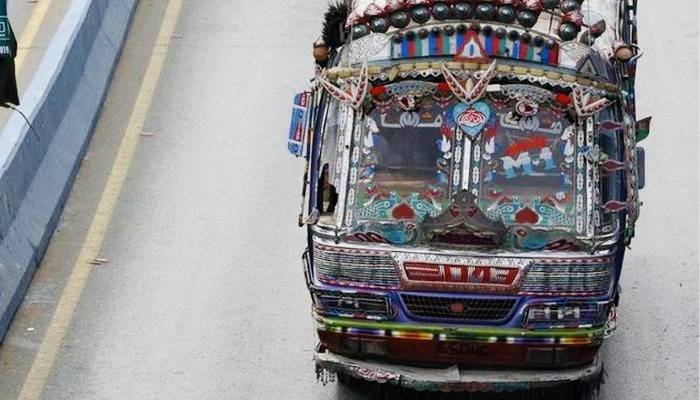It appears to be effective. Some people have been compelled to abandon their private vehicles in favor of public transportation as a result of the unprecedentably high gasoline prices, particularly in places like Lahore and Islamabad where several transit lines are currently in service. Karachi is rushing to get the People's Bus Service up and running. By all means, this is beneficial.
Our energy dilemma is a built-forms crisis. We must rebuild from it again, but this time we must do it better and differently.
Recognizing the problems caused by the way we have been constructing for many years is the first step in re-building better. Our cities are a jungle of concrete. There are three, four, even six lanes or more on each side of the road when it passes through a commercially active area. New plots have replaced the once-green ones.
There is no route that allows motorized two-wheelers or cyclists to go in safety. Recent urban projects frequently lack even pedestrian-friendly sidewalks near important roadways. Where sidewalks do exist, they are haphazardly designed and subparly constructed. Homes, plazas, and mosques have been constructed on the site of former drainage canals that assisted in carrying floodwater.
In summary, we have effectively kept the majority of people and nature out of our cities.
Reversing some of our most pitiful decisions must be the next stage. Signal-free urban lanes must be eliminated. Most urban corridors should have one, two, or even three lanes removed.
Remove all roads, homes, plazas, mosques, concrete linings, and other constructions erected over seasonal or perennial drainage routes like rivers, streams, and lakes.
It comes down to political will in this case. No political party wanted to be recognized for raising the cost of fuel and energy, and no political government wanted to be known for narrowing roads. Everyone wants to be known for constructing new and widened roadways.
Parties want to be recognized for introducing regressive, unfunded fuel subsidies that lead the nation to ruin. Even private housing societies strive to be recognized for their eight-lane boulevards that pass directly through the center of their business districts.
The results are frankly absurd. Our cities are experiencing unimaginable levels of the urban heat island effect, which we are only serving to exacerbate by paving over even more natural regions and destroying green spaces.
Most bus routes are nonexistent, and where they do exist, it is practically impossible to get to the closest bus stop safely. Due to hostile roads and a lack of shade, biking or walking is a dreadful experience.
The icing on the cake is how politically situated mass transportation and associated projects are; for decades, we have positioned transit and related projects as being for the "poor" people.
Because of this, it is particularly difficult for middle-class individuals to accept the latest problem of rising fuel prices. Have they become so destitute that they now need to ride the bus to work?
People shouldn't be made to change their habits overnight when the entire constructed and social environment is working against them. While rising gasoline costs have already made some individuals ride the bus, for many others, public transportation is still an uncomfortable or physically demanding option.
It's a great chance to make difficult political and planning choices right now. All urban roads should be limited to two lanes in each direction, with one lane set aside for buses and other forms of public transportation. Wide roads are inherently dangerous for bicyclists and pedestrians and discourage the use of public transportation.
Let the speed limit in all metropolitan areas be less than 35 km/h, with physical interventions like restricted lanes and speed breakers for enforcement. High-speed traffic discourages commercial activity, reduces the effectiveness of public transportation, and literally kills dozens of people every year.
Allow all pedestrians to cross all urban highways at grade, with signalized crossings that can stop traffic if necessary. Obscene overhead pedestrian crossings that ask for clambering up stairs or ramps are harmful to downtown commercial activity.
Despite historically high gasoline prices, those who drive cars do not pay the full social cost of their use. The true social cost of using a private vehicle would include things like environmental harm from road building and emissions, declining public health due to emissions, lead exposure, and stress, currency ramifications of oil imports, surface runoff and urban flooding caused by paved roads and concretization, commercial losses brought on by wide expressways that slash through dense commercial areas, as well as the cost of building and maintaining these obscene roads.




No comments yet
Be the first to share your thoughts!